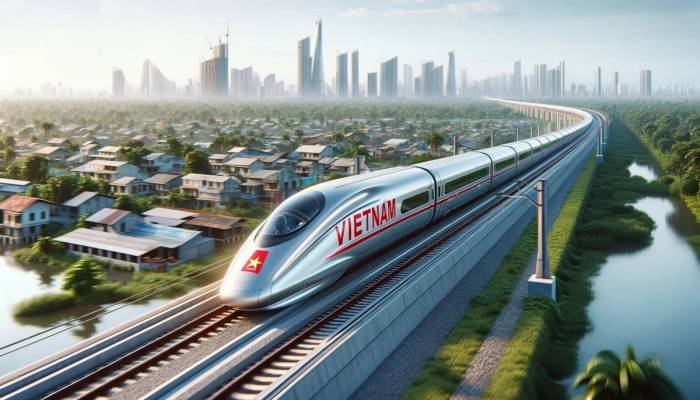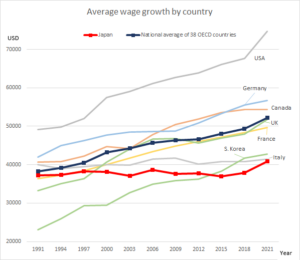
Vietnam Plans US$67 Billion High-Speed Railway to Link Hanoi and Ho Chi Minh City
Vietnam is launching a major infrastructure project that will connect Hanoi and Ho Chi Minh City through a high-speed railway system. The project, estimated at US$67 billion, will create a faster and more efficient way to travel between the two cities. This railway, set to stretch over 1,500 kilometers, promises to significantly cut travel time and transform national transportation.
Faster and More Efficient Travel
The new railway system aims to reduce the travel time between Hanoi and Ho Chi Minh City from 30 hours to just under 10 hours. This is a significant improvement, offering a faster alternative to both air travel and road transport. The trains will operate at speeds of up to 300 kilometers per hour, which will help establish Vietnam as a leader in high-speed rail transport in Southeast Asia.
Economic Impact of the Project
The US$67 billion investment will bring substantial economic benefits to Vietnam. The high-speed railway will improve national connectivity, increase trade, and boost tourism. As more people and goods can move between the two major cities efficiently, regional businesses and industries will thrive. The project will also create thousands of jobs, further stimulating economic growth.
The railway will also facilitate smoother trade routes, enabling businesses to meet deadlines faster and reducing transportation costs. As a result, Vietnam’s economy will be able to compete more effectively on a global scale.
Environmental Benefits
The railway will provide a more eco-friendly alternative to other forms of transport. Rail travel is one of the most energy-efficient modes of transport, producing fewer carbon emissions than cars and airplanes. This aligns with Vietnam’s long-term environmental goals, promoting sustainability and reducing pollution in major urban areas.
By encouraging more people to use trains instead of private cars, the project will help alleviate traffic congestion, especially in Hanoi and Ho Chi Minh City. It will also ease pressure on airports, making travel smoother for both locals and visitors.
Challenges and Solutions
Securing funding for such a massive project is always a challenge. Vietnam plans to involve both domestic and international investors in financing the railway. Additionally, the project will require careful planning to acquire land and ensure the construction process proceeds smoothly.
The Vietnamese government has committed to completing the project, recognizing its potential to transform the country’s transport network. Overcoming these challenges will require collaboration and strong leadership from all stakeholders.
Looking Ahead: A Game-Changer for Vietnam
The US$67 billion high-speed railway will be a milestone in Vietnam’s infrastructure development. Once completed, it will not only improve travel efficiency but also strengthen the country’s economy and promote regional integration. This project will pave the way for future innovations in transportation, creating a lasting legacy for the Vietnamese people.

